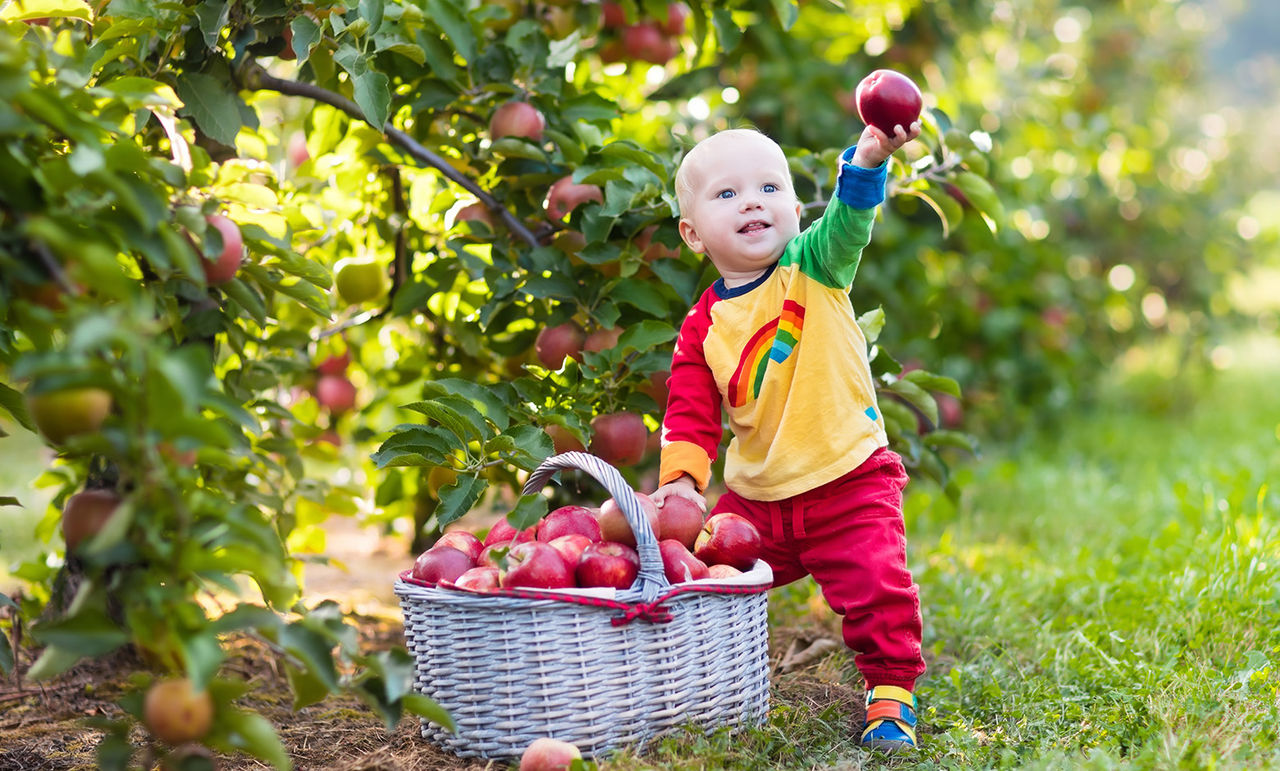Good nutrition in the first 1000 days is not just food for thought, it’s essential to support your little one’s early brain development.
Spend any amount of time with a toddler and it’s easy to see the rapid way that their brain takes in new information as they learn and develop new skills. But that learning has been taking place long before they begin walking and talking, and nutrition has played, and will continue to play, a key role in that cognitive development.
The toddler years – between one and three – is a crucial time in cognitive development and ability that will impact your child for the rest of their lives.
Nutritional support for little brains
The way that the brain develops in the first two years of life can be thought of as the ‘scaffolding’ that may define how a brain will function for the rest of a person’s life. And nutrition is a key factor when it comes to influencing brain development at this crucial time.
While many nutrients are important for brain growth and functioning, sources* found that there are some that play a bigger role than others in early brain development.
Specifically, they say the following 11 nutrients (in alphabetical order, not priority) are helpful when it comes to supporting your child’s brain.
- Choline
- Folate
- Iodine
- Iron
- Long-chain polyunsaturated fatty acids
- Protein
- Vitamin A
- Vitamin D
- Vitamin B6
- Vitamin B12
- Zinc
While this list may look huge, your child can get these nutrients by eating a wide variety of foods from the five food groups every day (see below).
If your child is struggling to get adequate nutrition through food, supporting your child’s nutrition with a supplement like Aptamil Gold+ Toddler may be appropriate. When prepared as directed and consumed as part of a healthy varied diet, Aptamil Gold+ Toddler provides minerals like zinc, iron, and iodine, and vitamins A, B6, B12, C and D, with no added sucrose or artificial colours.






